Table of Contents
Top Spices for Lamb
The best spices for lamb are cumin, coriander, oregano, garlic, paprika, and cinnamon. Each enhances lamb's natural flavor without overpowering it. Cumin adds earthy warmth, coriander provides citrusy notes, oregano offers herbal depth, garlic enhances savoriness, paprika gives color and mild smoke, and cinnamon adds subtle sweetness. This guide covers how to use them, blend them, and buy the best quality for perfect lamb dishes.
Spice Basics for Lamb Dishes
Lamb has a rich, gamey flavor that pairs well with bold, earthy, and aromatic spices. These spices not only enhance the taste but also add depth and complexity to the dish. Some spices bring heat, while others provide sweetness, acidity, or a smoky finish.
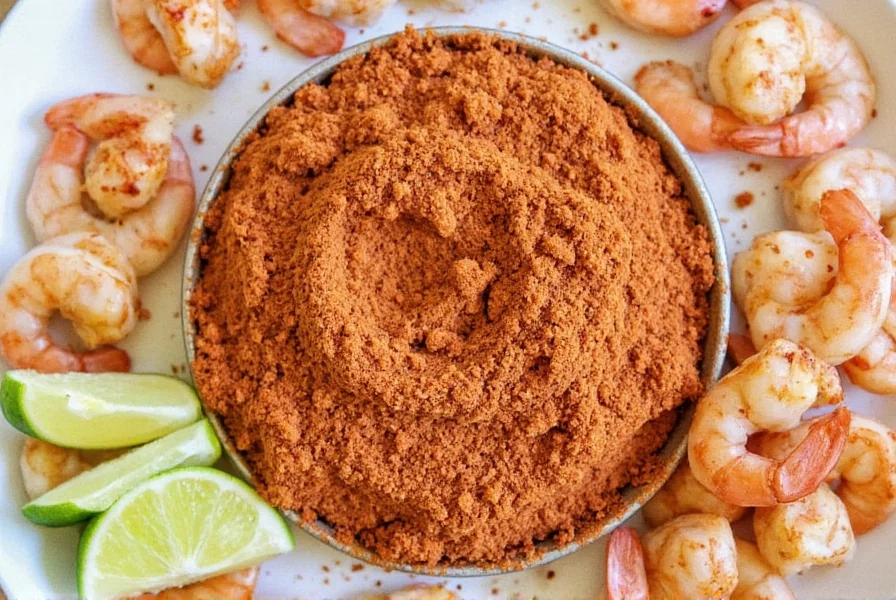
The Role of Each Spice
Here's a quick breakdown of what each spice brings to the table:
- Cumin: Adds a warm, nutty, and slightly bitter flavor.
- Coriander: Offers a citrusy, slightly sweet note.
- Oregano: Provides a robust, earthy aroma.
- Garlic: Enhances the savory aspect of the dish.
- Paprika: Adds color and a mild, smoky flavor.
- Cinnamon: Used in Middle Eastern and North African recipes for a subtle sweetness.
These are just a few of the most commonly used spices, but there are many more to explore depending on your regional preferences.
Common Lamb Spices and Their Uses
Now that you have a basic understanding of how lamb spices work, let's dive deeper into some of the most popular ones and how they're used in different cuisines.
1. Cumin
Cumin is a staple in many lamb dishes, especially in Indian and Middle Eastern cuisine. It adds a deep, earthy flavor that complements the richness of lamb perfectly.
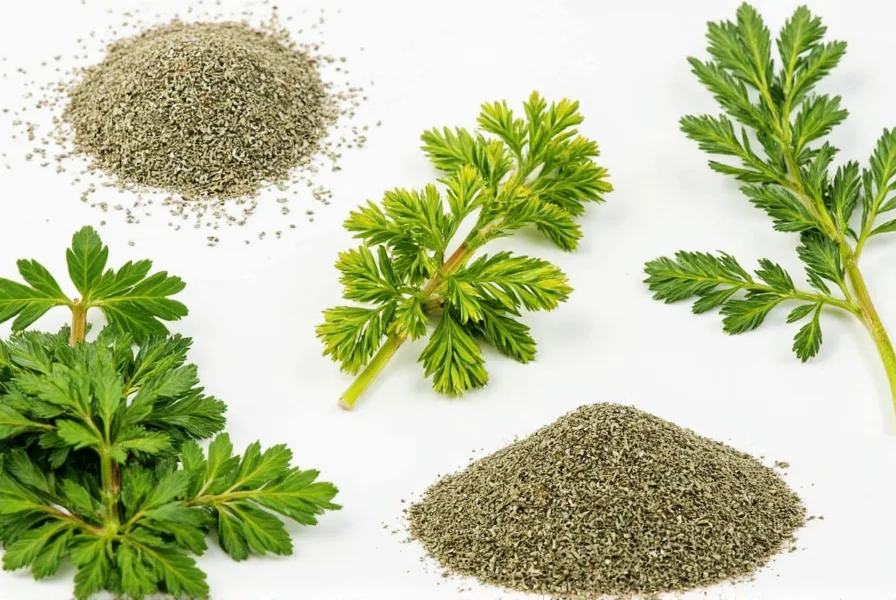
2. Coriander
Coriander seeds are often used in spice blends like garam masala and curry powders. When ground, they add a fresh, citrusy flavor that balances out stronger spices.
3. Oregano
While oregano is more commonly associated with Italian cuisine, it also works well in lamb dishes. It adds a pungent, herbal note that pairs beautifully with roasted or grilled lamb.
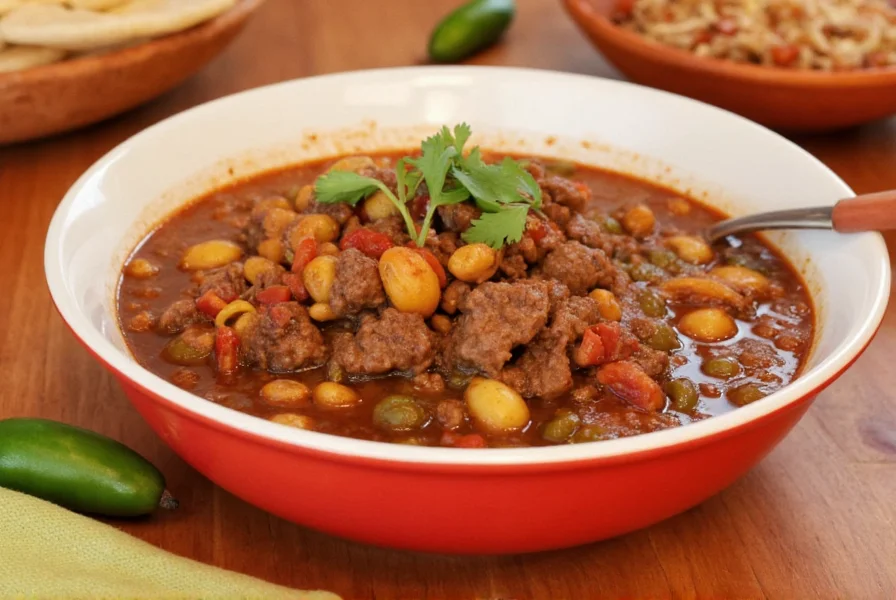
4. Paprika
Paprika is used in a variety of lamb recipes, from Spanish chorizo to Moroccan tagines. It adds a beautiful red color and a mild, smoky flavor that enhances the overall taste.
5. Cinnamon
Cinnamon might seem unexpected in a lamb dish, but it's actually a key ingredient in many Middle Eastern and North African recipes. It provides a subtle sweetness that helps mellow out the meat's strong flavor.
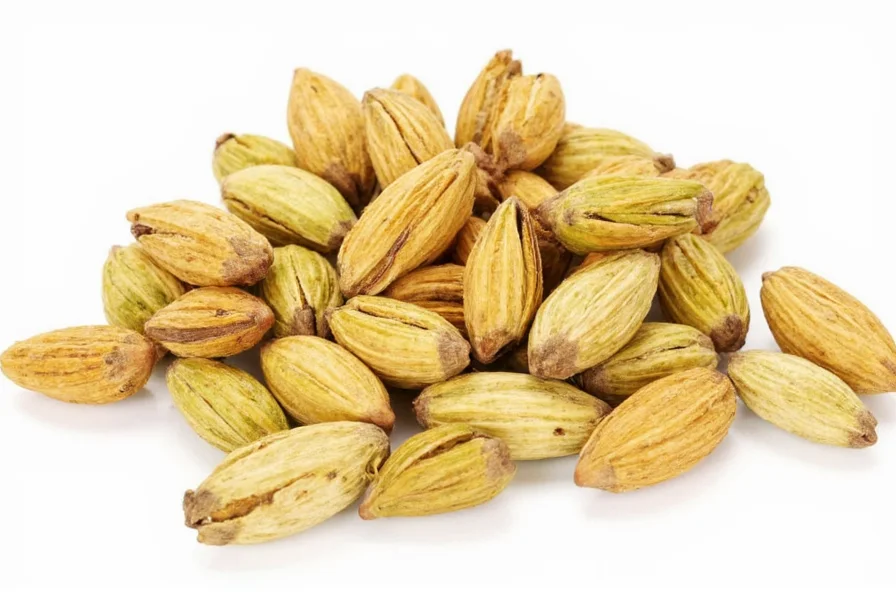
Practical Tips for Using Lamb Spices
Knowing which spices to use is one thing, but using them effectively is another. Here are some tips to help you get the most out of your lamb spices:
Tip 1: Start Small and Adjust as You Go
Spices can be very potent, so it's best to start with small amounts and adjust based on taste. You can always add more, but you can't take it away once it's in the dish.
Tip 2: Use Fresh Spices Whenever Possible
Freshly ground spices have a more intense flavor than pre-ground versions. If you're using whole spices, consider grinding them yourself for better results.
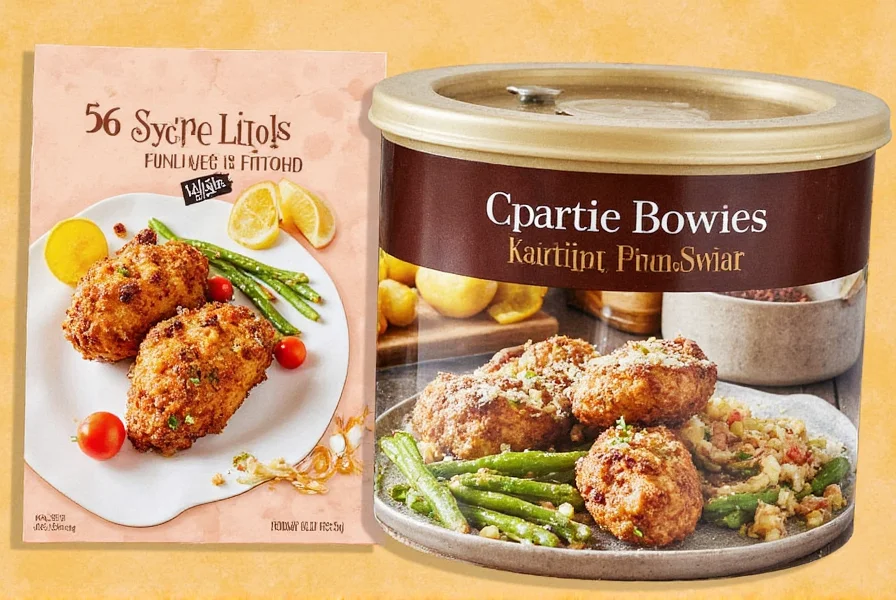
Tip 3: Pair Spices with Complementary Flavors
Some spices work better with certain ingredients. For example, garlic and lemon go well with cumin, while cinnamon pairs nicely with dried fruits or honey.
Tip 4: Experiment with Different Blends
Don't be afraid to experiment with spice blends. Try combining cumin, coriander, and paprika for a Middle Eastern-inspired flavor, or mix oregano, thyme, and rosemary for an Italian twist.
Buying Guide for Lamb Spices
Choosing the right lamb spices can make a big difference in your cooking. Here's a detailed guide to help you select the best products for your needs.
1. Cumin
Features: Earthy, nutty, and slightly bitter flavor.
Advantages: Versatile and widely used in global cuisines.
Use Cases: Roasted lamb, stews, and spice blends.
Target Audience: Home cooks and professional chefs.
Suitable Occasions: Casual dinners, family gatherings, and special events.
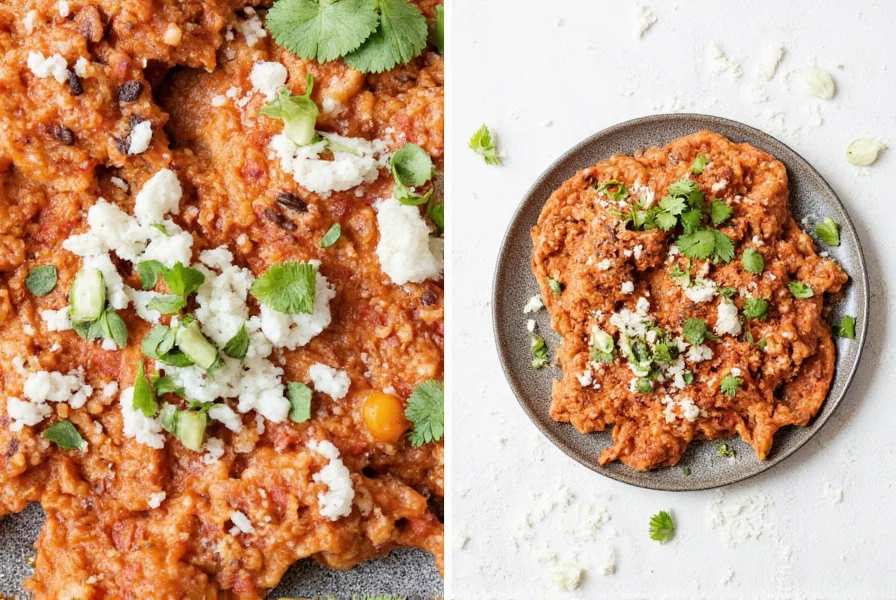
2. Coriander
Features: Citrusy, slightly sweet, and aromatic.
Advantages: Adds freshness and balance to dishes.
Use Cases: Curries, soups, and marinades.
Target Audience: Those who enjoy Indian and Middle Eastern flavors.
Suitable Occasions: Weeknight meals and festive occasions.
3. Oregano
Features: Strong, pungent, and herbaceous.
Advantages: Adds depth and a savory kick.
Use Cases: Grilled lamb, pizza, and pasta sauces.
Target Audience: Fans of Mediterranean cuisine.
Suitable Occasions: Barbecues, casual dinners, and family meals.
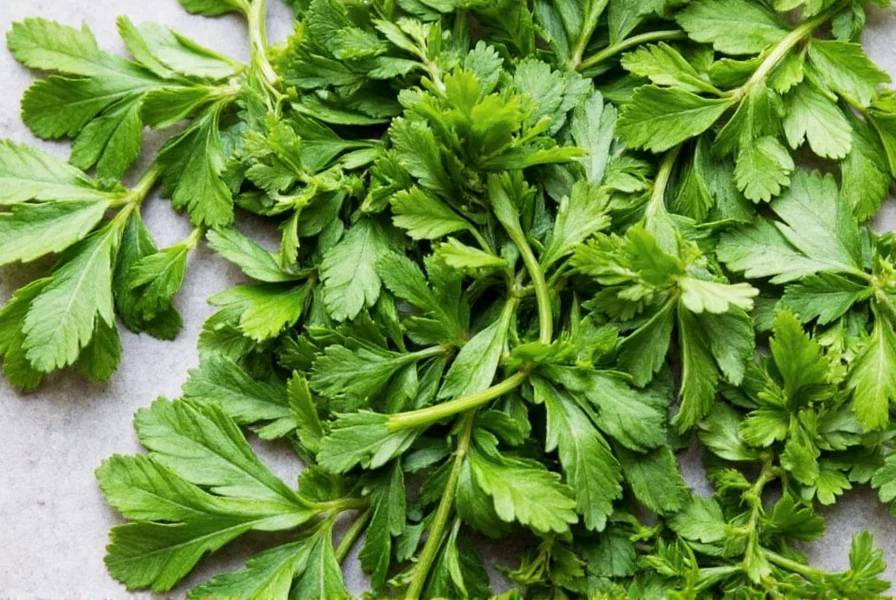
4. Paprika
Features: Mild, smoky, and colorful.
Advantages: Adds visual appeal and a subtle heat.
Use Cases: Stuffed peppers, lamb chops, and sauces.
Target Audience: Those who love bold, colorful dishes.
Suitable Occasions: Potlucks, dinner parties, and holiday feasts.
5. Cinnamon
Features: Sweet, warm, and aromatic.
Advantages: Adds complexity and a touch of sweetness.
Use Cases: Moroccan lamb tagines, desserts, and spiced drinks.
Target Audience: Those who enjoy exotic and sweet flavors.
Suitable Occasions: Special dinners, holidays, and dessert time.
When choosing lamb spices, look for high-quality products that are free from additives and preservatives. Opt for organic options if possible, and store your spices in airtight containers away from light and heat to preserve their potency.
Frequently Asked Questions About Lamb Spices
What are the best spices for lamb?
The best spices for lamb include cumin, coriander, oregano, garlic, paprika, and cinnamon. Cumin provides earthy warmth, coriander adds citrusy notes, oregano contributes herbal depth, garlic enhances savoriness, paprika gives color and mild smoke, and cinnamon offers subtle sweetness that complements lamb's richness. Middle Eastern and Mediterranean cuisines often feature these spices in lamb dishes.
How do I prevent spices from overpowering the lamb flavor?
To prevent spices from overpowering lamb, start with smaller amounts than you think you need and adjust gradually. Remember that lamb has a strong, distinctive flavor that should remain the star. Balance bold spices with complementary ingredients like lemon, garlic, or fresh herbs. For marinades, 2-12 hours is typically sufficient—longer marination with strong spices can overwhelm the meat. Always taste as you go and remember that you can add more spice but cannot remove it once added.
Should I use fresh or dried spices for lamb dishes?
Both fresh and dried spices work well with lamb, but they serve different purposes. Dried spices are more concentrated and work well in rubs and long-cooking dishes. Fresh spices and herbs (like rosemary, mint, or garlic) provide brighter flavors that work well in finishing touches or quick-cooking preparations. For maximum flavor impact, many chefs recommend using a combination of both—dried spices for the base flavor profile and fresh herbs added toward the end of cooking.
What is the best spice blend for grilled lamb?
A great spice blend for grilled lamb includes 2 tablespoons ground cumin, 1 tablespoon ground coriander, 1 tablespoon dried oregano, 2 teaspoons smoked paprika, 1 teaspoon garlic powder, 1 teaspoon black pepper, and 1/2 teaspoon cinnamon. Mix these together and rub generously on the lamb 1-2 hours before grilling. This blend provides earthy warmth, herbal notes, and a subtle sweetness that complements grilled lamb perfectly. For extra moisture and flavor penetration, you can mix the spices with olive oil before applying.
How long before cooking should I apply spices to lamb?
For best results, apply dry spice rubs to lamb 1-4 hours before cooking, allowing the flavors to penetrate the meat without overwhelming it. For marinades containing acidic ingredients (like lemon juice or vinegar), limit marinating time to 2-12 hours to prevent the acid from breaking down the meat texture. Whole spices can be added during cooking, while delicate herbs are best added toward the end of cooking or as a fresh garnish. For slow-cooked dishes, spices can be added at the beginning to allow flavors to develop throughout cooking.
Can I use the same spice blend for different lamb cuts?
While you can use similar spice profiles across different lamb cuts, adjustments are often beneficial. Tender cuts like loin or chops work well with lighter spice applications, while tougher cuts like shank or shoulder can handle bolder, more complex spice blends and longer marinating times. For example, leg of lamb might benefit from rosemary and garlic, while ground lamb for kebabs might work better with cumin and coriander. Always consider the cooking method as well—dry rubs work better for grilling, while wet marinades are ideal for slow cooking.
Conclusion
Lamb spices are a powerful tool in the kitchen, offering a wide range of flavors that can elevate any dish. Whether you're a seasoned chef or a home cook, understanding the basics of these spices will help you create more flavorful and aromatic meals.
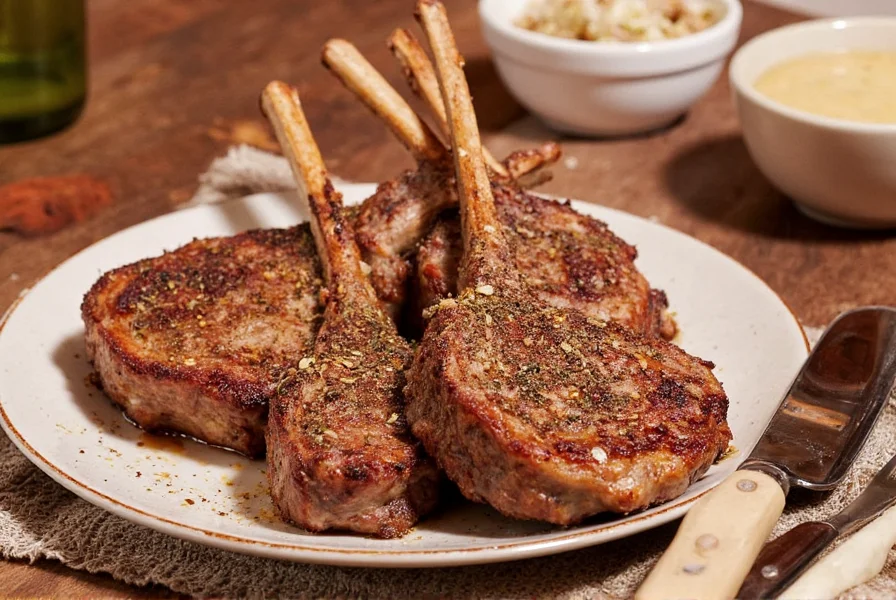
Remember, the key to successful lamb cooking lies in balancing the spices and experimenting with different combinations. With the right knowledge and a little practice, you'll soon be creating dishes that impress everyone at the table.
So, next time you're preparing lamb, don't forget to reach for the spices—they might just be the secret ingredient you've been missing.










 浙公网安备
33010002000092号
浙公网安备
33010002000092号 浙B2-20120091-4
浙B2-20120091-4